Although it has been a long time, the British still face many difficulties due to Brexit. There will certainly be no re-entry scenario, but the new government in the UK is trying to reset relations with the EU, through improved bilateral cooperation platforms such as the relationship with Germany.
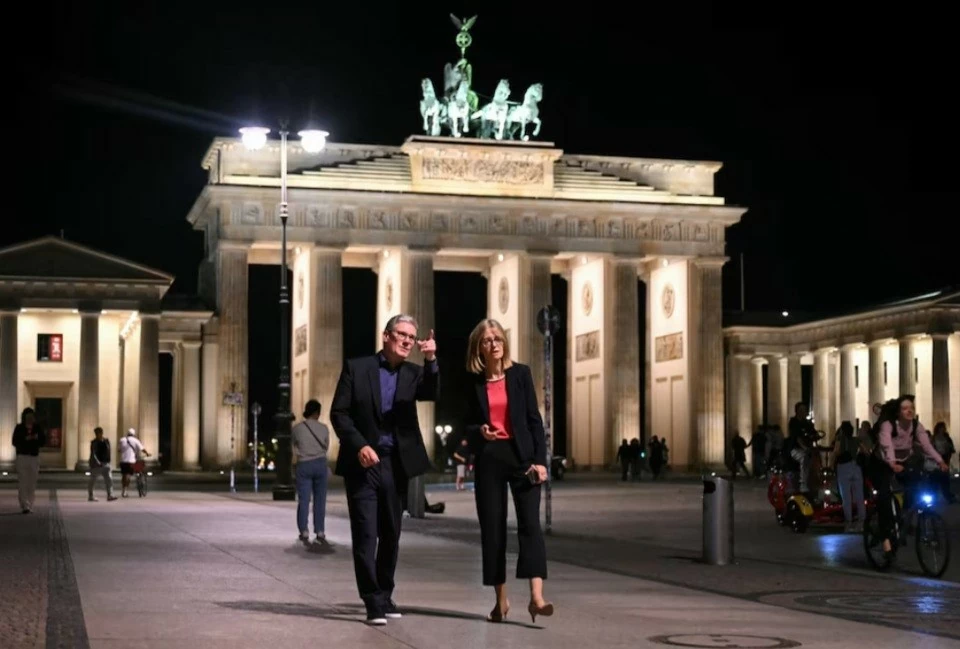 |
| British Prime Minister Keir Starmer and British Ambassador to Germany Jill Gallard walk near the Brandenburg Gate in Berlin, Germany on August 27. (Source: Reuters) |
New British Prime Minister Keir Starmer arrived in Berlin on August 27, starting a two-day visit to Germany, with the goal of re-establishing relations with the rest of Europe after the damage caused by Brexit.
The British Prime Minister hopes that a bilateral agreement could be reached during the visit that would take defence cooperation between the two countries to new heights as well as boost trade and energy cooperation.
Mr. Keir Starmer said that the UK has a once-in-a-lifetime opportunity to reset its relationship with Europe and strive for sincere, ambitious partnerships that benefit the British people.
Prioritize defense cooperation to ensure security
Previously, on August 20, the website UK in changing Europe published an article titled "UK starts the process of resetting relations with Europe from the defense sector with Germany" with arguments that, to approach defense cooperation with the EU, the UK can only follow the direction of promoting bilateral cooperation, especially with Germany.
The schedule of visits to Ukraine, France, Germany, Estonia, Poland, and Estonia during the recent trip of British Defense Secretary John Healey shows that European security is one of the top priorities of the Labor Party.
The cornerstone of this “reset” with Europe is Germany. On July 24, after nearly three weeks in office, Mr. Healey and German Defense Minister Boris Pistorius signed an ambitious “Joint Declaration on Enhanced German-British Defense Cooperation.”
The joint statement stressed the need for closer defense cooperation amid the Russia-Ukraine conflict and the deteriorating strategic environment in Europe, while also highlighting the possibility of the US pivoting from the Euro-Atlantic to the Indo-Pacific.
Britain and Germany (both NATO allies and Western Europe's biggest defense spenders) are looking to strengthen defense cooperation in the face of the possibility that the United States will cut military assistance to Ukraine if former President Donald Trump returns to the White House early next year.
The UK-German defence partnership could resemble the Lancaster House Treaty agreed between Britain and France in 2010, with a commitment to joint forces, shared equipment and nuclear missile research centres, officials said.
Prime Minister Starmer's office expects the British and German governments to continue negotiations over the next six months with the aim of completing the deal by early 2025. The deal aims to "boost business and trade, strengthen defence and security cooperation, and strengthen joint action on illegal migration".
Anglo-German cooperation will contribute to European deterrence and defence, not only on NATO's eastern flank but also in the wider Euro-Atlantic area.
The EU aims to make the defence industry a priority for the European Commission. However, the EU has little capacity to pursue this goal in the long term. Meanwhile, the UK cannot engage with the EU due to many obstacles related to access rights and intellectual property. The most feasible option is for London to try to maintain bilateral cooperation, compatible with plans for the EU-UK security relationship.
Germany will hold elections in September 2025, and a change of government is likely. The UK needs to push for a deeper, more formal deal by spring 2025, before the election campaign begins. New British Prime Minister Keir Starmer’s visit to Berlin is clearly aimed at that important task.
Rebuilding broken trust
The British prime minister has vowed to rebuild trust with European allies that has been damaged by Brexit. He has ruled out re-entry into the European single market, customs union or freedom of movement, to avoid reopening issues that remain a sore point between British politicians and the public.
However, he wants to negotiate a new security pact with the bloc and a veterinary agreement to ease border checks on agricultural food, as well as an improved trade deal.
This is the first step to concretize the policy of getting closer to Europe, especially with key allies like Germany, of the new British government and the Labor Party.
Previously, British Prime Minister Keir Starmer revealed that the new government will implement three priorities in foreign policy: promoting cooperation with Europe, fulfilling commitments on climate change and expanding influence in the Southern Hemisphere.
Not only with Europe, the British government also promotes relations with allies and partners outside the region.
In a recent phone call between UK Prime Minister Keir Starmer and US President Joe Biden, the two leaders reaffirmed the special bilateral relationship and the importance of working together. President Biden expressed his desire to work closely with Prime Minister Starmer on a range of important issues. In addition, the two leaders reaffirmed their continued support for Ukraine.
In addition, the new British Prime Minister also pledged to promote relations with India and Japan. In a phone call with Indian Prime Minister Narendra Modi in July, the two leaders agreed to work towards the goal of soon signing a bilateral Free Trade Agreement (FTA). The two leaders recalled the historic relationship between the two countries and reaffirmed the promotion of the bilateral Comprehensive Strategic Partnership.
At the same time in July, according to the Japanese Ministry of Foreign Affairs, during a phone call with Prime Minister Starmer, Prime Minister Kishida Fumio emphasized that Japan is ready to cooperate with the UK to maintain and strengthen a free and open international order based on the rule of law, in the context of a more complex global security environment.
The two leaders also confirmed that Japan and Britain will continue a joint project with Italy to develop next-generation fighter jets.
In his first speech in Downing Street, Prime Minister Keir Starmer made it clear that the British people had voted for change, for the renewal of the country and for putting politics back in the service of the public.
He pledged that the Labour government would "take action rather than talk" to achieve the above changes and that the British people would be served with respect. Hopefully, the new government in the UK will reset relations with the EU to bring "a new wind" to the development of the UK in particular and Europe in general.
Source: https://baoquocte.vn/lan-gio-moi-trong-quan-he-anh-eu-vi-ngot-cua-cuoc-ly-hon-nhieu-ton-that-284130.html



![[Photo] Prime Minister Pham Minh Chinh chairs meeting to urge highway projects](https://vstatic.vietnam.vn/vietnam/resource/IMAGE/2025/3/29/6a3e175f69ea45f8bfc3c272cde3e27a)
![[Photo] Dong Ho Paintings - Old Styles Tell Modern Stories](https://vstatic.vietnam.vn/vietnam/resource/IMAGE/2025/3/29/317613ad8519462488572377727dda93)

![[Photo] Prime Minister Pham Minh Chinh and Brazilian President Luiz Inácio Lula da Silva attend the Vietnam-Brazil Economic Forum](https://vstatic.vietnam.vn/vietnam/resource/IMAGE/2025/3/29/f3fd11b0421949878011a8f5da318635)

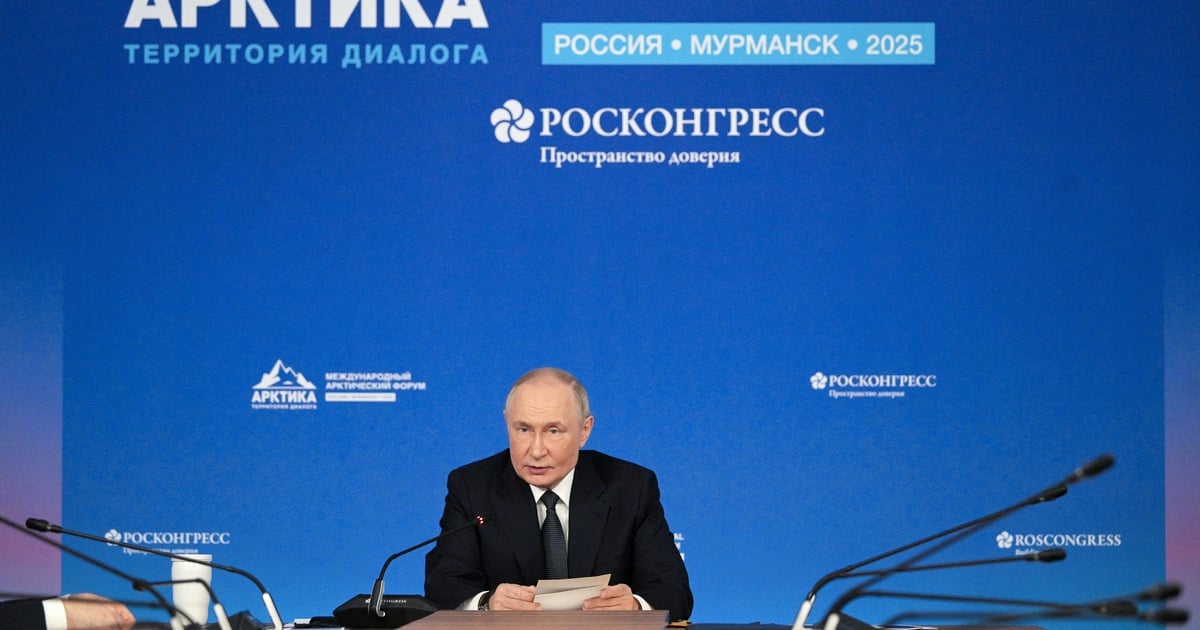

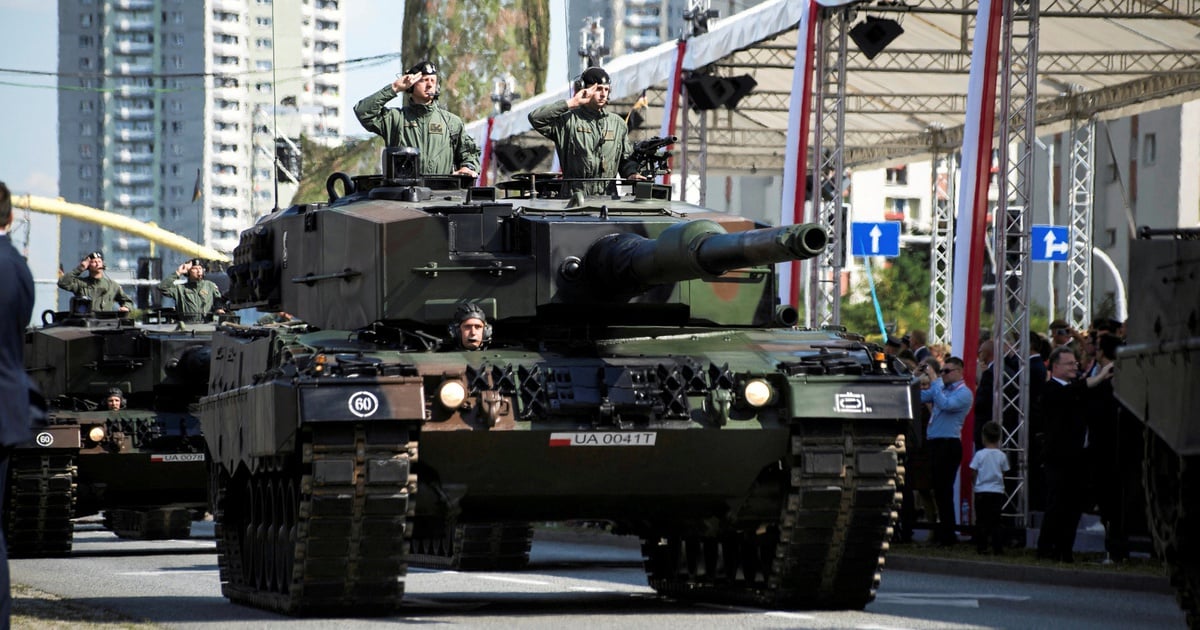



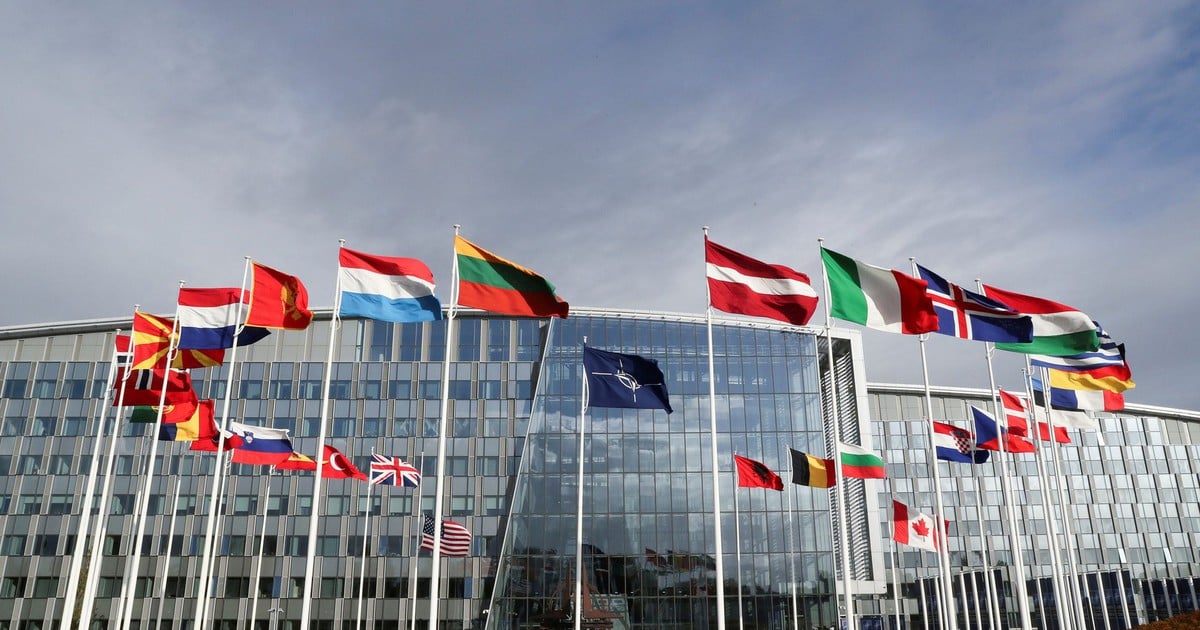
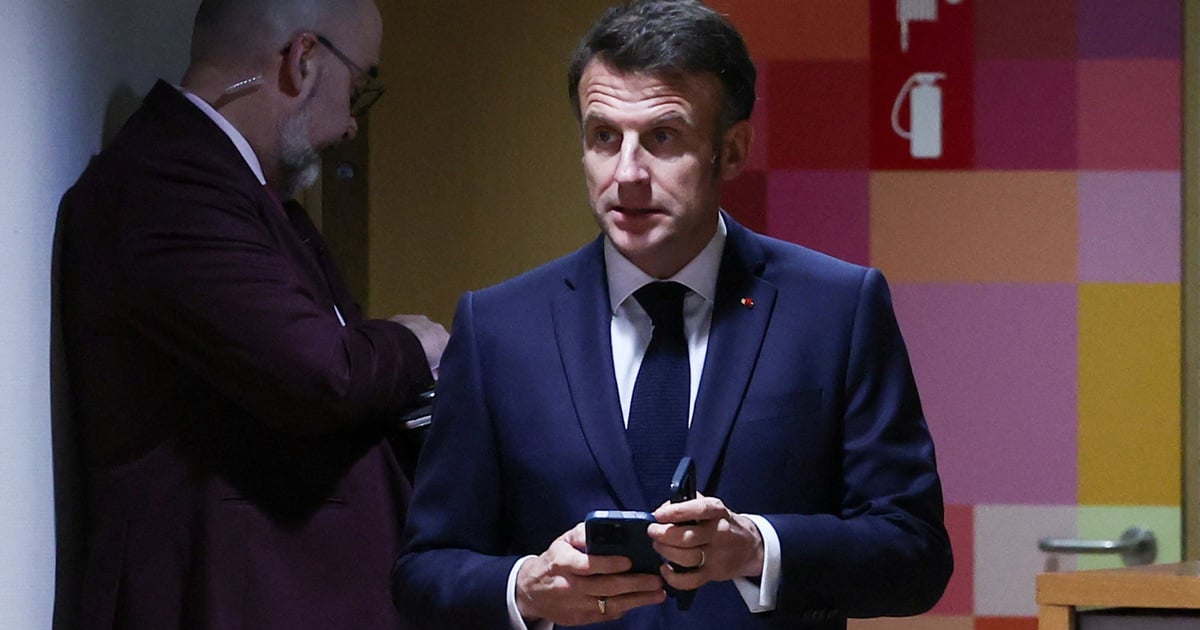


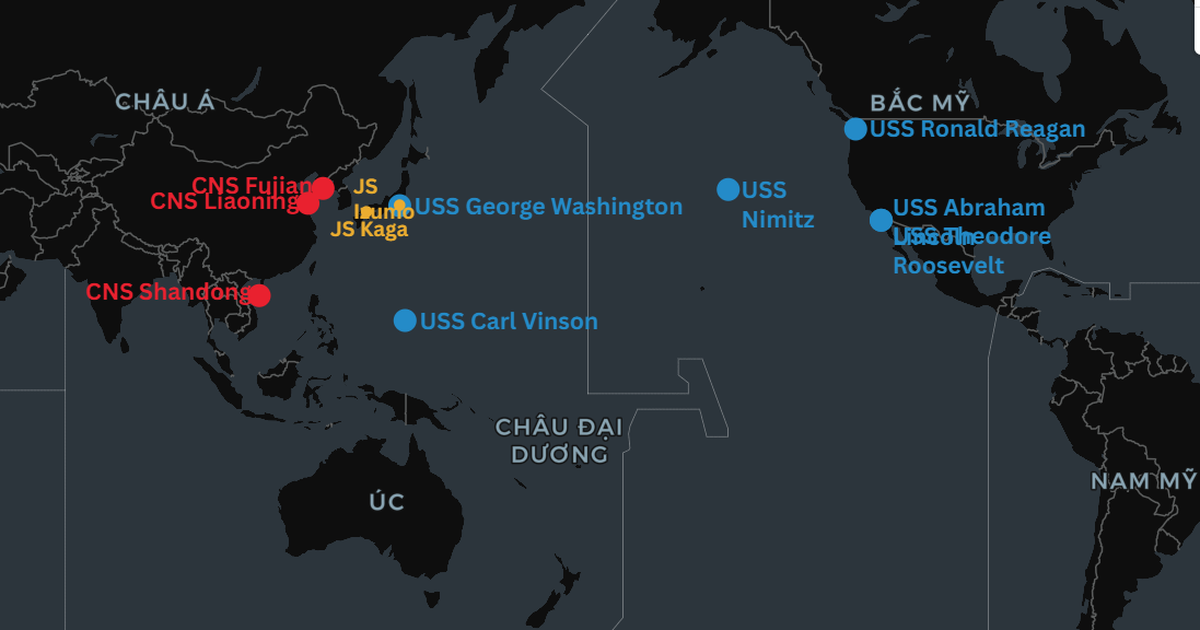

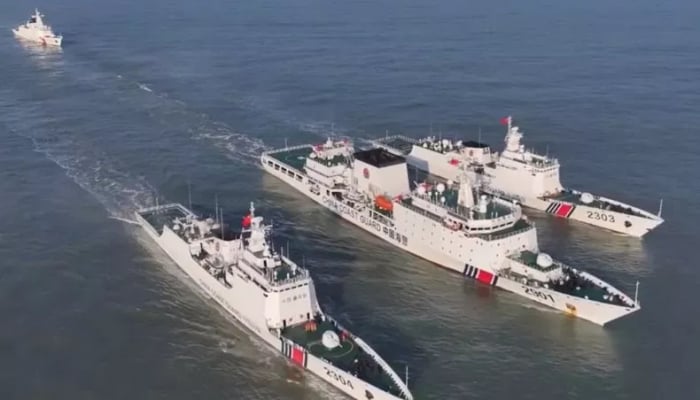
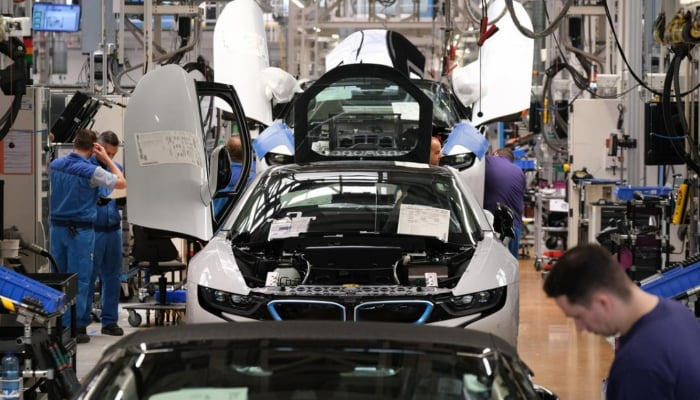







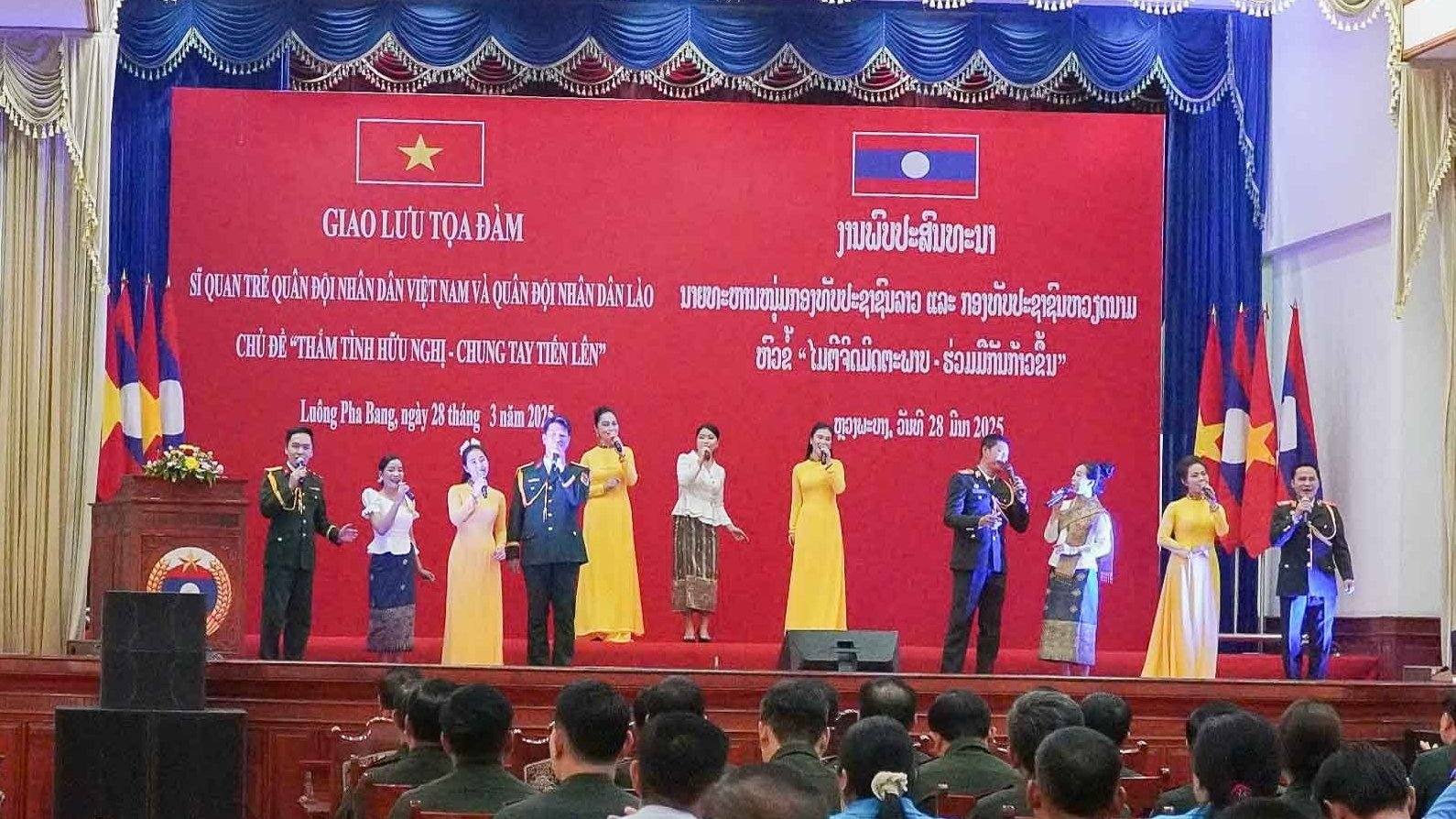
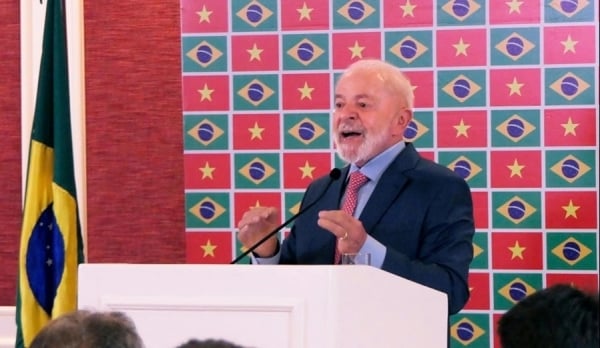
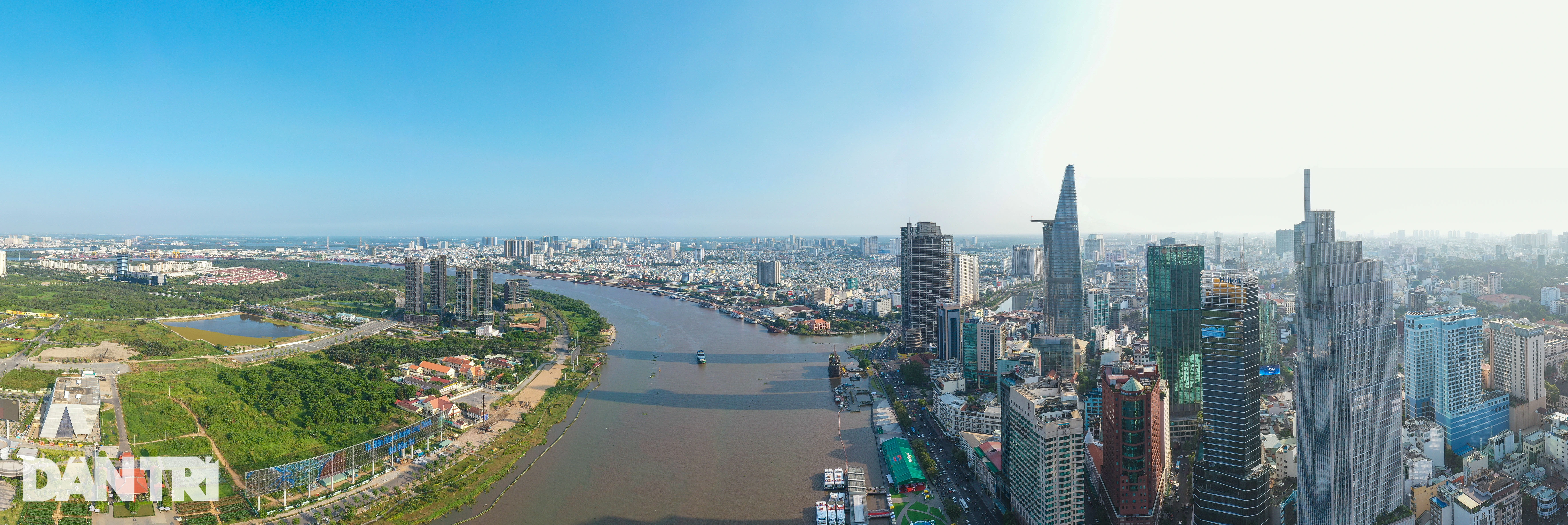














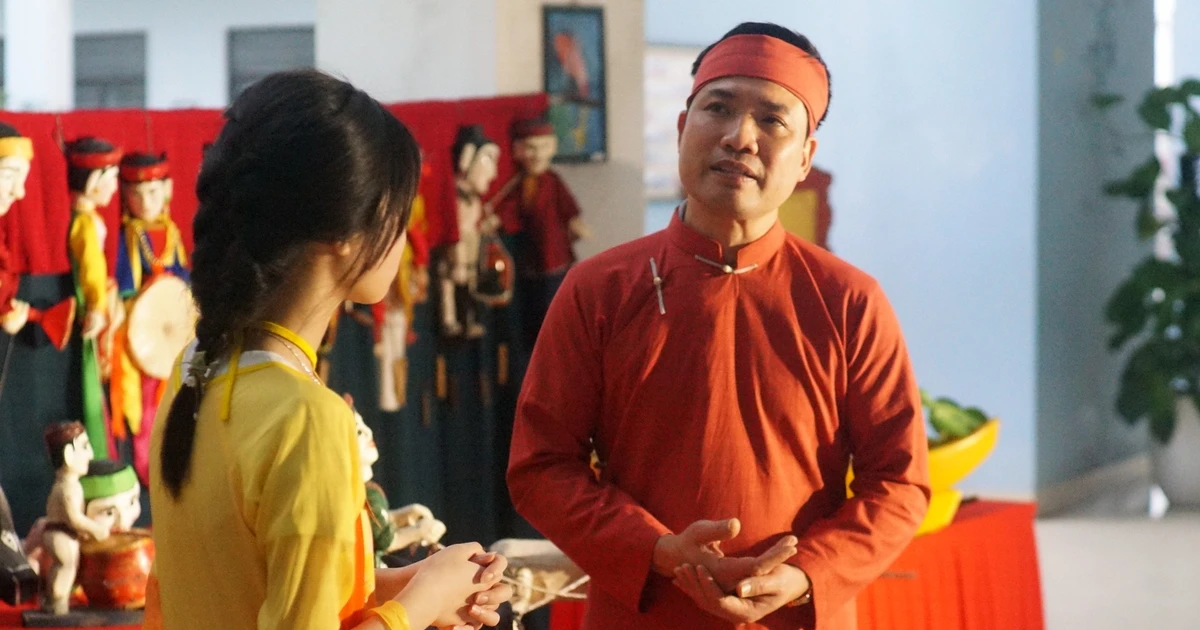

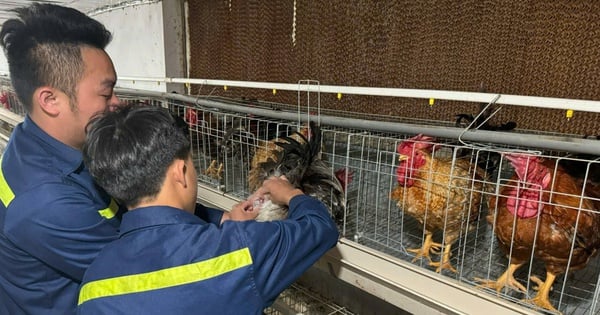














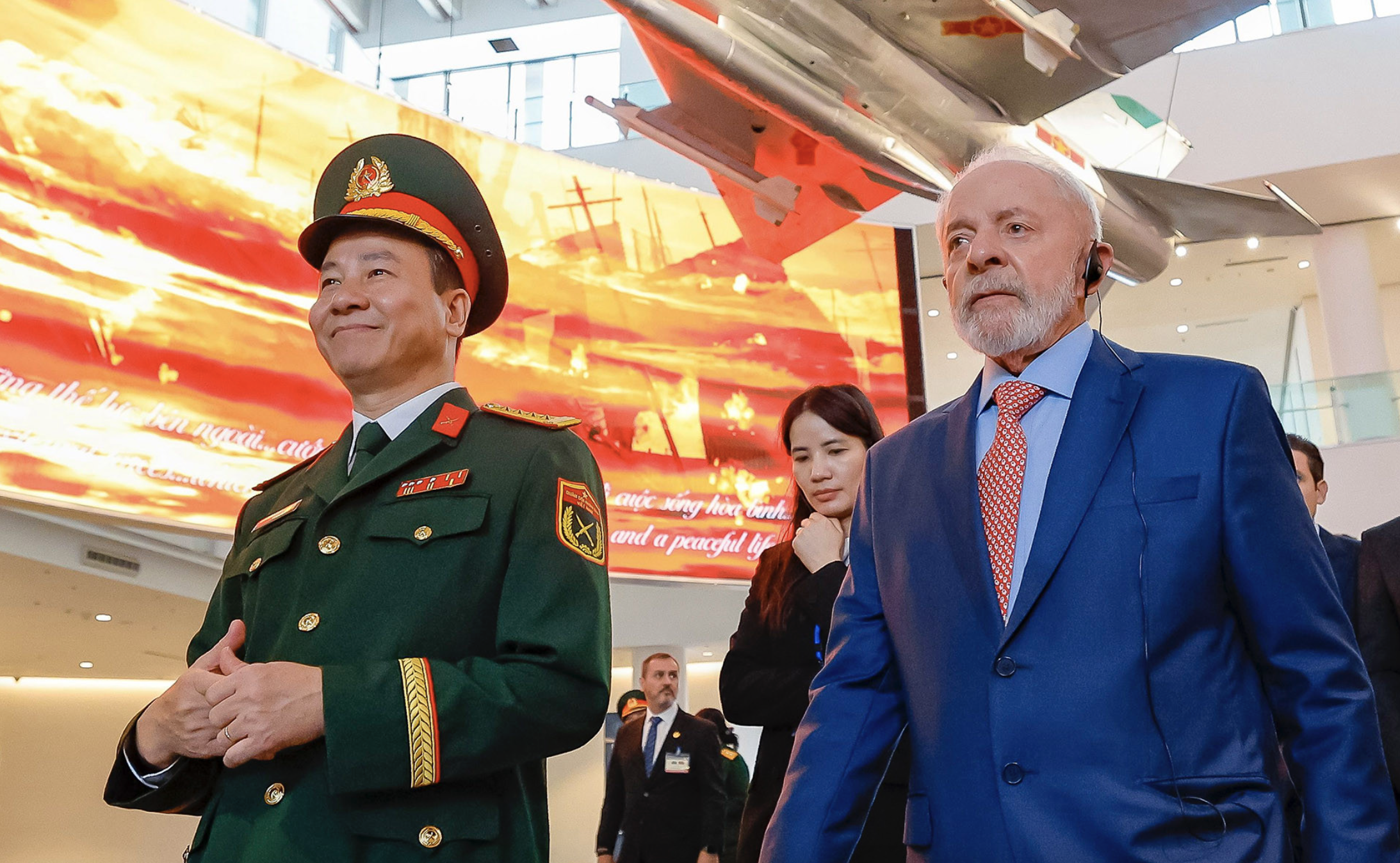

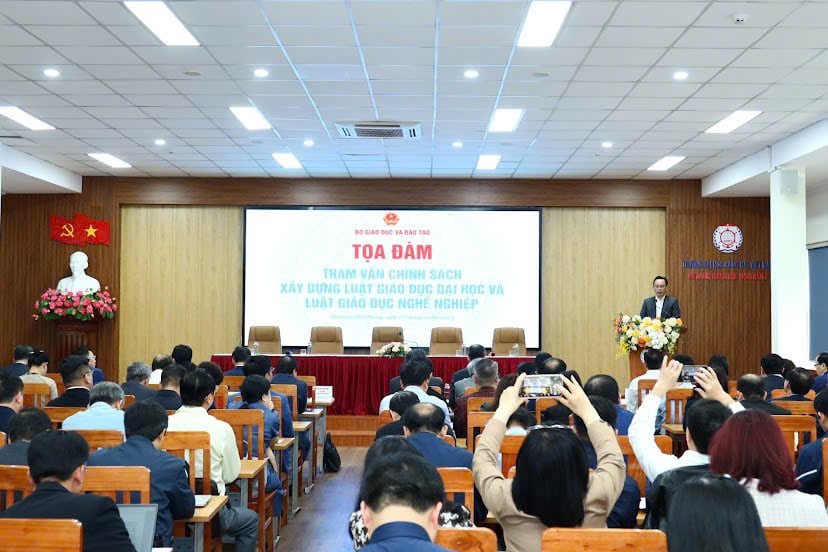

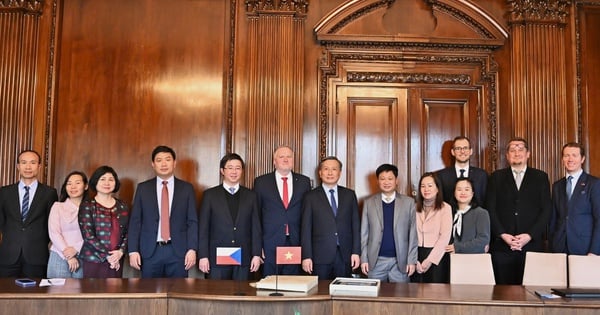

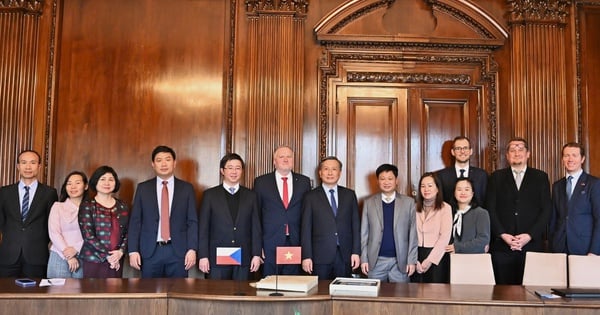
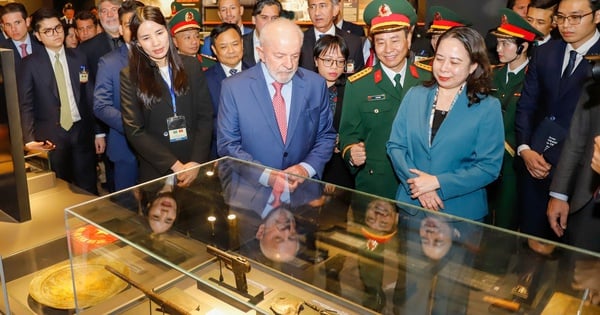

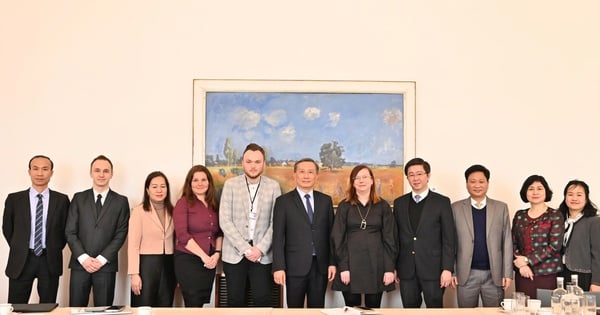
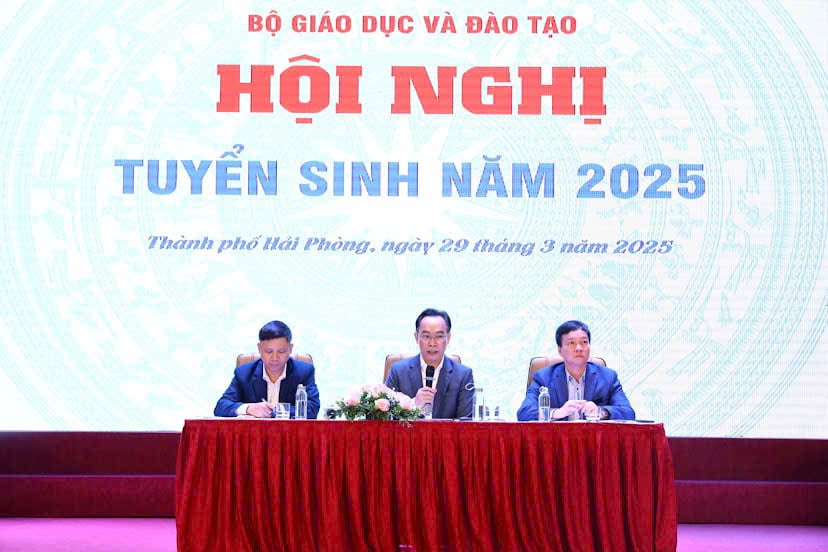
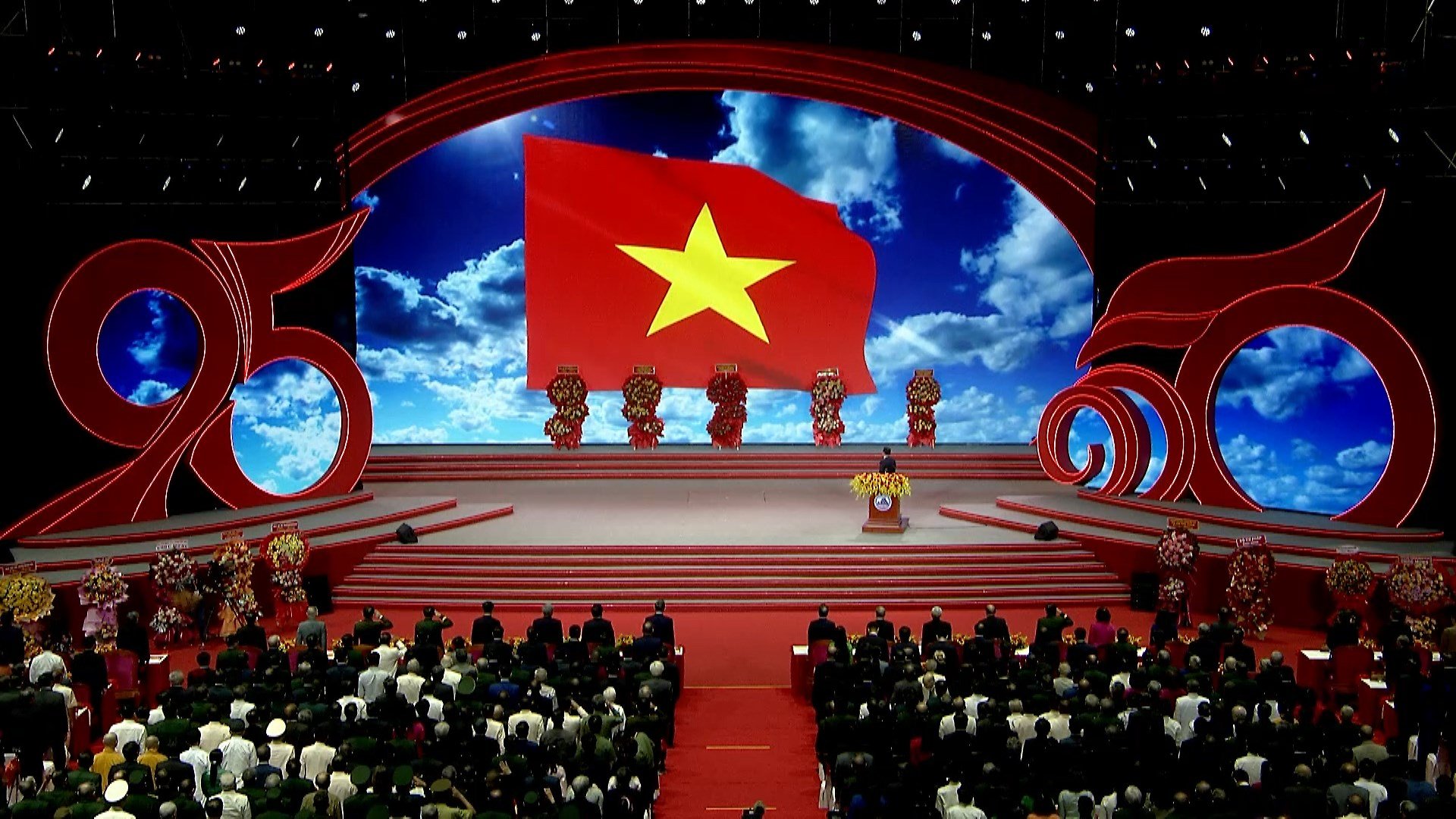


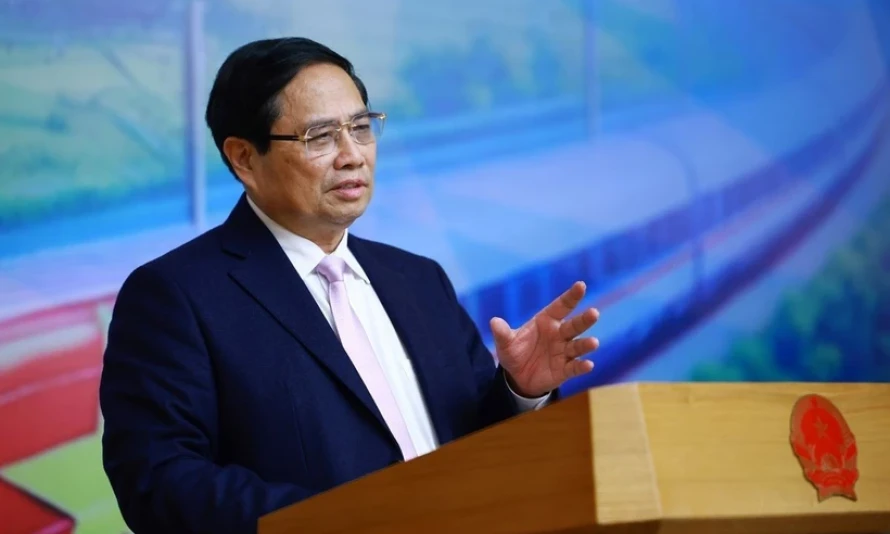

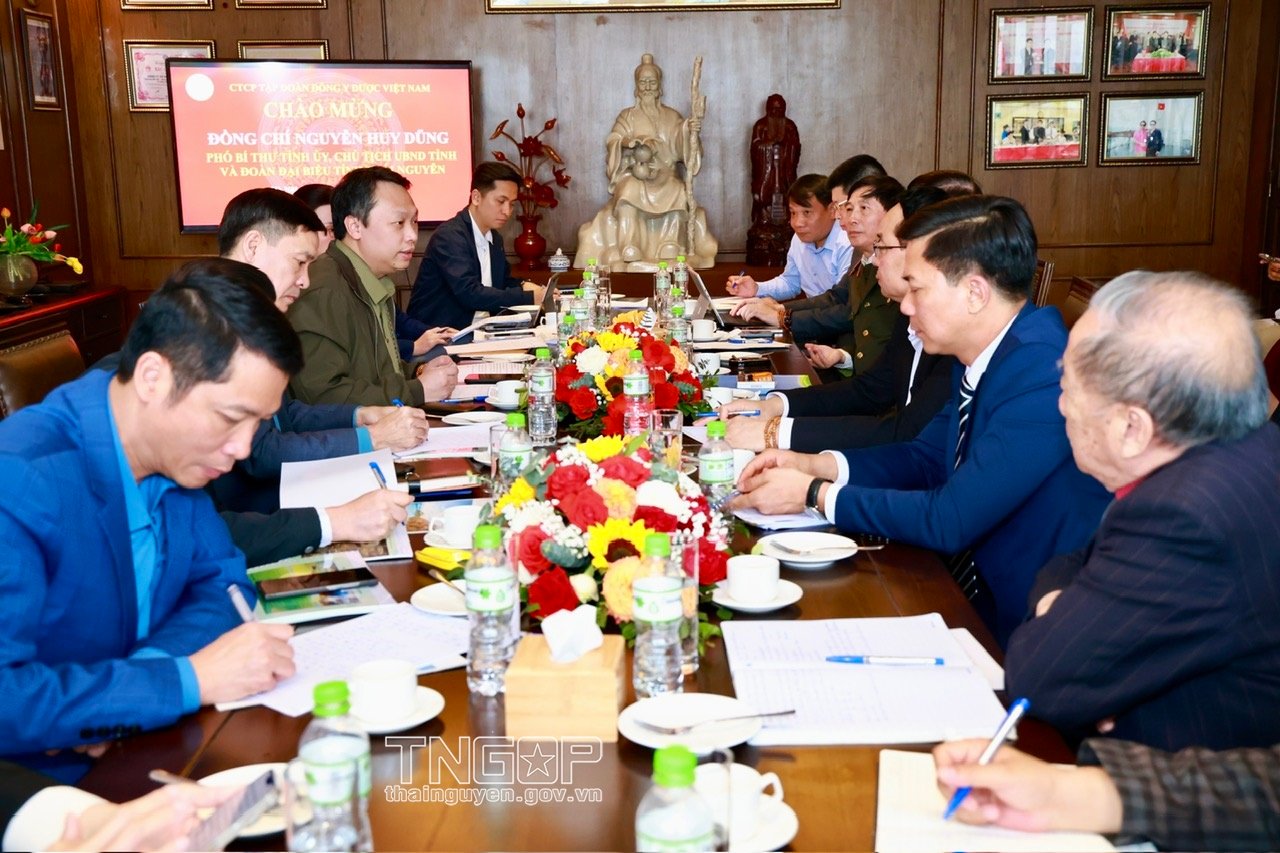











Comment (0)